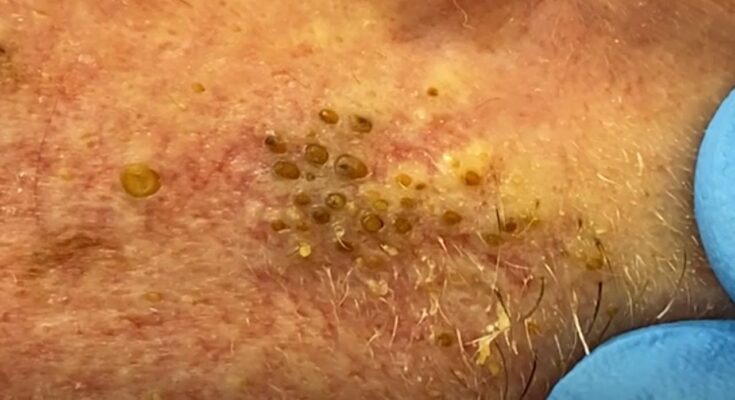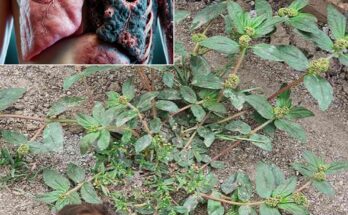Skin damage caused by blackheads can manifest in several ways, especially when blackheads are squeezed, picked, or improperly treated. Here are the main issues that can arise from blackheads and how they might contribute to skin damage:
1. Scarring
- Cause: Squeezing or picking blackheads can lead to scarring. The pressure or force used to remove the blackhead can cause trauma to the skin, leading to the formation of scars, including pockmarks or hyperpigmentation.
- Impact: Scars may take months or even years to fade, and in some cases, they can be permanent.
2. Inflammation
- Cause: When blackheads are not properly managed, the buildup of oil, dead skin cells, and bacteria can cause inflammation. Squeezing or poking at them can exacerbate the problem, leading to more severe forms of acne, such as pimples or cysts.
- Impact: Persistent inflammation can make the skin look red and irritated, which may worsen the appearance of acne and lead to more blackheads forming in the future.
3. Infection
- Cause: If blackheads are not cleaned properly, or if they are squeezed with dirty hands or tools, bacteria can enter the pores, leading to infections. This can result in pustules, cysts, or an abscess in the area.
- Impact: Infections can worsen acne and create more painful, inflamed lesions, potentially causing further skin damage.
4. Hyperpigmentation
- Cause: When blackheads or acne are squeezed or picked at, the skin can develop post-inflammatory hyperpigmentation (PIH). This occurs as dark spots or patches after the inflammation heals.
- Impact: PIH can make the skin appear uneven and may take a long time to fade. It is particularly common in darker skin tones.
5. Skin Texture Changes
- Cause: Persistent blackheads or acne can lead to changes in the texture of the skin. The clogged pores can enlarge and stretch, making the skin look uneven or bumpy.
- Impact: The skin may appear rough, with enlarged pores or an overall bumpy appearance, even after the blackheads are gone.
How to Prevent Skin Damage from Blackheads:
- Proper Cleansing: Cleanse your skin regularly with a gentle, non-comedogenic cleanser to remove excess oil and debris.
- Use Retinoids or Exfoliants: Products like salicylic acid, benzoyl peroxide, or retinoids can help treat blackheads by exfoliating the skin and preventing clogged pores.
- Avoid Picking: Never squeeze or pick at blackheads. If you need extractions, it’s best to consult with a dermatologist or licensed aesthetician.
- Moisturize: Keep your skin moisturized to avoid irritation from dryness and peeling.
- Sun Protection: Apply sunscreen daily, especially if you have scarring or hyperpigmentation from acne, to prevent the dark spots from worsening.
Treating blackheads carefully and preventing further damage is essential to maintaining clear, healthy skin. If you’re experiencing severe acne or skin damage, it’s a good idea to see a dermatologist for professional advice.

